I wrote this article in Japanese and translated it into English using ChatGPT. I also used ChatGPT to create the English article title. I did my best to correct any translation mistakes, but please let me know if you find any errors. By the way, I did not use ChatGPT when writing the Japanese article. The entire article was written from scratch by me, Saikawa Goto.
Introduction
Movies and books covered in this article

Three takeaways from this article
- I don’t particularly like or dislike tattoos themselves, but I dislike people who have them.
- No matter how great an idea is, forcing it onto others can not be justice.
- Forcing our own views and image onto others can suppress their desire for change.
Self-introduction article


Published Kindle books(Free on Kindle Unlimited)
“The genius Einstein: An easy-to-understand book about interesting science advances that is not too simple based on his life and discoveries: Theory of Relativity, Cosmology and Quantum Theory”
“Why is “lack of imagination” called “communication skills”?: Japanese-specific”negative” communication”
The quotes used in this article are based on notes taken at the movie theater from movies in Japanese and are not direct quotes from the foreign language original movies, even if they exist.
It’s Better to Live in a Society Where I Feel like I Can Change and Start Over Whenever I Want
Thinking About “Not Supposing Change” from the Act of “Getting a Tattoo”

In this movie, American racists are depicted. And they have tattoos without exception.
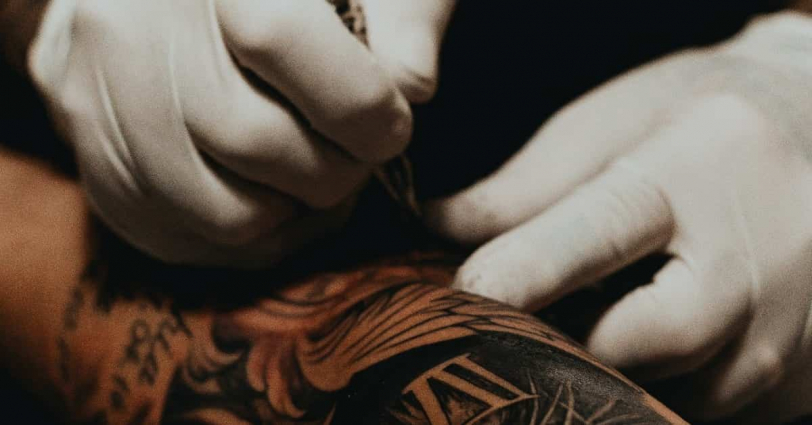
So, let’s start thinking from this “tattoo” first.
I don’t like “tattoos”. However, that’s not an accurate expression. As for the “tattoo” itself, I don’t have a strong preference for it. Sometimes I appreciate it as an art.

Because the “act of getting a tattoo” seems to me to be an expression of the idea that “my preferences will never change for the rest of my life.” And I dislike “people who think that their thoughts, ideas, and beliefs will never change for the rest of their lives.”
While there is indeed a “tattoo removal technique,” it would require a considerable amount of expense and effort. In other words, my premise is that very few people would get a tattoo with the idea of “I can just remove it later.” Therefore, they would have to live with the “fact that they have a tattoo on their body” and the “letters or pictures that they have tattooed” for the rest of their lives, which could be said to mean that they believe their preferences will never change for their entire lifetime.
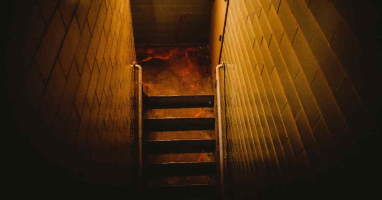
I can’t understand that way of thinking. Of course, there would be “youthful follies,” and there would be people who regret making wrong judgments when they were young. I think that’s fine, but on the other hand, I can’t understand people who decide to get a tattoo, not because of “youthful follies” or “spur of the moment,” but as a deliberate choice.
That’s why I dislike people who have tattoos.
And thinking along the same lines as before, I generally can’t like “people who do not doubt their righteousness.” I think these people are a kind of “people who think their own ideas, thoughts, and beliefs will never change.”

Of course, there would be situations in which one must “appear to think one is right” for a variety of reasons. For example, presentations, business meetings, dealing with problems, etc., can all go wrong if we go into them with the feeling that we may be wrong. So I don’t intend to judge someone solely based on such situations.
However, there are people in the world who give off the impression that “they never doubt themselves no matter what,” and I dislike those kinds of people.
That’s because for me, “correctness” is only relative. Whether it’s a parent’s opinion, a law, or science, there are hardly any “absolutely correct things” in the world (I only think that “mathematics” is “absolutely correct”). “Correctness” should fluctuate depending on various factors such as time, situation, location, and relationship with the people around us, and I always think so.

However, “people who do not doubt their righteousness” do not basically step out of the framework of “absolute correctness” led by their own standards. The “correctness” that such people assert, when stripped of various elements and extracted to its core, is nothing more than a claim of “I think I’m right, so I’m right.” And such a claim is utterly meaningless.
That’s why I dislike “people with tattoos” as well as “people who do not doubt their righteousness.”

Can “Forcing One’s Own Ideas on Others” Become “Justice”?
The “racists” depicted in this movie are exactly “people who do not doubt their righteousness.” That’s why I dislike “people who do not doubt their righteousness,” not because they’re “racists.”
However, if “people who do not doubt their righteousness” only argue for their own beliefs in a closed world, it’s not a big problem. If racists just get together and complain about each other, then it’s their own business.
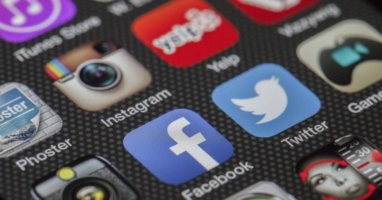
However, not just racists, “people who does not doubt their righteousness” try to involve others in their ideas. In that sense, I also consider “missionaries” who often appear in history classes as the same type of people.

There was a scene in the movie “Silence” (original: Endo Shusaku) that shocked me. It should have been a scene where a priest goes to the Japanese supreme authority and tries to gain support for spreading Christianity in Japan. The Japanese supreme authority refuse, saying, “We accept your religion and do not deny it, but it does not fit with today’s Japan.” However, the priest argues for the “rightness of Christianity” as follow.

We have brought the truth. The truth is universal. It is correct in any country, in any era. If it is not correct in this country, then it is not universal.
“Silence” (Director: Martin Scorsese Original: Endo Shusaku)
I was surprised by this statement. Of course, I don’t think we should treat a “Christian priest” and a “racist” equally, nor do I see them on the same level. However, I do think they share the commonality of “imposing their own idea of correctness on others,” and I feel equally uncomfortable with both of their actions.
Such actions cannot be right.

However, these acts, which should be wrong, would still be found in the world today. One might even say that they have been magnified by the spread of the Internet.
I think online salons are a symbolic example. In modern times, individuals can become like “PUCHIKYOSO (petit originator)” and form groups of “devotees” (“PUCHIKYOSO” are individuals who have gained a kind of “devotees” through their influence, such as influencers and online distributors). While “PUCHIKYOSO” may sometimes appeal to a structure of opposition with something eye-catching to gather people, more often than not, I feel most of them simply create a field.
Even in the latter case, however, a group of “devotees” may inadvertently form a structure of opposition with something else. And if an oppositional structure arises, it will inevitably lead to a battle of claims of “my side is right”.
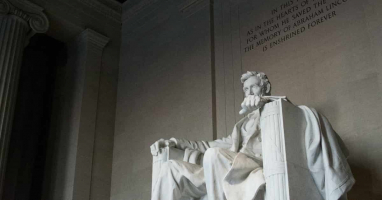
We are living in such a time.
And there can be no such thing as “justice” in such a battle of claims.
The movie “Skin” can be summarized as a “story of starting over in life,” but like this, I think it’s an interesting movie to view from the perspective of “how to live in a modern world where we tend to unknowingly impose our thoughts on others.”
People Should be able to Change at Any Time, But it is Very Difficult
I believe that humans are creatures that can change when they want to. In essence, as long as the individual has the will, we should be able to change at any time.
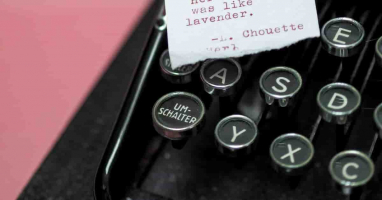
However, because there is a background of the times as described so far, it is by no means easy.
The protagonist who is “racist” is determined to change, but the external environment does not allow it. In short, it means that his “conversion” is not accepted by his “friends”.
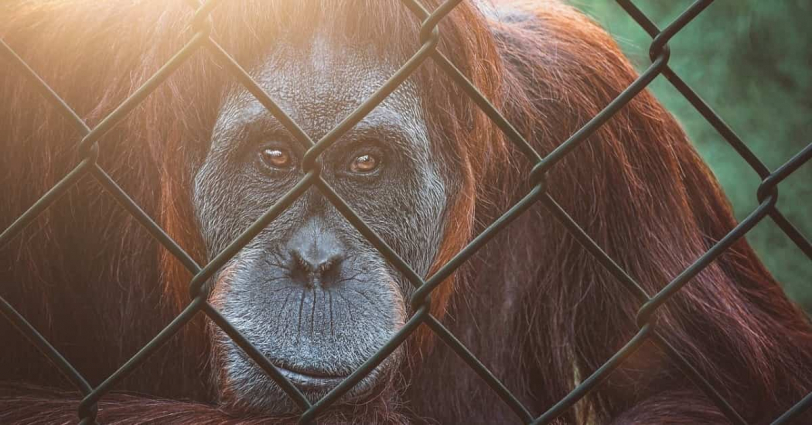

The group of “people who do not doubt their righteousness” tend to be sensitive to being seen as saying “you are wrong.”
Those who do not feel that “correctness” is “relative” may be similar to believer of some religion who believe that everything guru says is correct. It wolud be easy to imagine a structure in which there is a “framework of correctness,” and when that “framework of correctness” is denied, even one’s own self is felt to have been denied.
Therefore, it is not allowed for a “comrade” who believed in the same “framework of correctness” to withdraw.

And this story is never only applicable to extreme people who are called “racists”.
Everyone has “some kind of image” of the people around them, and they would not want that image to be shattered. We tend to want always-kind and smiling people to remain that way, and we might feel “creepy” if we receive kindness from someone we dislike, because we don’t want to shatter the image of that person as a “dislikeable person.”
And we unconsciously sense how we are perceived by others and try not to deviate from that image. While the degree would vary, I imagine there are quite a few people who behave in this way.

Additionally, I will only write briefly about it because it is not the subject of this film, if they are in some kind of “dependent state,” the path will be quite difficult, no matter how strong their “will to change” may be. Various addictions, such as alcohol, drugs, and games, are known, but addiction cannot be overcome solely by willpower, making it a major obstacle to change.
Regardless, the support of those around us is crucial to changing our lives. In the movie, a single mother appears who supports the main character. It is likely that the main character could not have changed without her. Breaking away from a group of racists requires a great deal of determination, and for the main character, the presence of this single mother became an incredibly important factor that elicits tremendous “readiness”.

Single mother is attracted to his essential nature despite knowing he is racist. I think I’m not a very prejudiced person when it comes to various things, but it’s still difficult for me to see racists with a flat eye like her. In that sense, I feel her greatness.
On the other hand, she is raising three daughters. It should have been easy to imagine that approaching racists could endanger her children, and in fact it did. In that sense, there are also parts of her decision that I cannot wholeheartedly agree with. Well, I guess there’s nothing one can do when one falls in love.

Content Introduction
This is based on a true story.
Bryon is a hardcore racist who has discriminatory tattoos all over his body, including his face. He’s even an officer in a white supremacist group called “Vinlanders Social Club” and doesn’t hesitate to use violence to crush opposing views. Despite surviving a difficult upbringing and experiencing homelessness, he was picked up by Krager and Shareen, the leaders of the group, and has since looked up to them as his true parents. He feels indebted to them for life and has devoted himself to his activities as a racist.

At an event for the group, Bryon becomes friends with Julie, a single mother who came to sing. Julie likes Bryon as a person and accepts his affection, but she has no intention of accepting him as a racist, of course, and is also thinking of not exposing her three daughters to danger.
Bryon begins to seriously consider a life with Julie and her three daughters, but in order to do so, he must leave the group that “raised” him.
Bryon’s struggle to regain a decent life begins…

Impression
While watching the movie, I also felt that “the society should give people equal opportunities”.
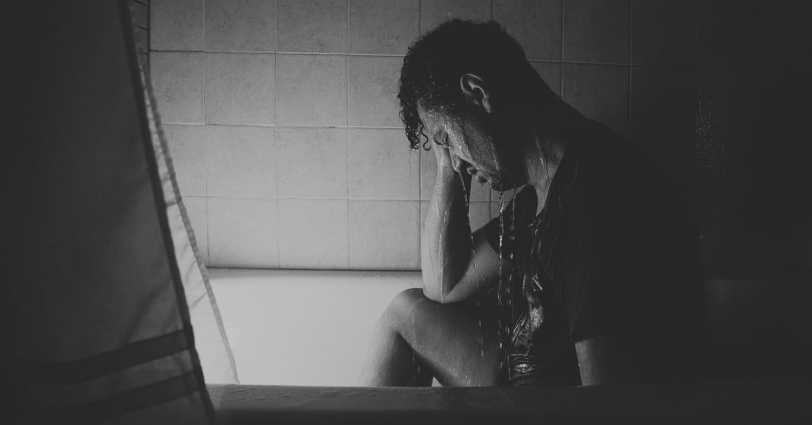
I think it’s inevitable to be criticized for “past mistakes”. However, just criticizing alone would make many people feel that “the society we live in doesn’t even give us a chance to start over.” I think that would be counterproductive when viewed from a broad perspective.

I don’t think there is anyone who never makes mistakes, and there are cases where the “standard for mistakes” differs depending on the times. In any case, some appropriate response is necessary for the fact that a mistake has been made, but it would be too harsh to say “because they made a mistake in the past, they can never rejoin society”.
In the Internet society, various descriptions, statements, videos, and photos will continue to exist for a lifetime, and it is also called a “digital footprint” (called “digital tatoo” in Japanese). Unlike “tattoos” that are voluntarily placed, “digital footprints” can be considered an unavoidable imprint.
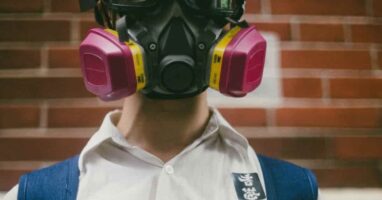
One never knows when one’s “past mistakes” will be dug up. This is why I was reminded that a “society in which starting over is acceptable” will become more and more important for everyone.
Conclusion

It’s easy to criticize others. It’s enough that we arbitrarily set a framework of “correctness” and say that they are deviating from it. And in today’s world, anyone would be able to arbitrarily decide on a framework of “correctness.”
However, in such a world, everyone is forced to live uncomfortably.
Even if one makes a mistake, I want to live in a society that properly accepts those who have the will to change and take appropriate action.

Published Kindle books(Free on Kindle Unlimited)
“The genius Einstein: An easy-to-understand book about interesting science advances that is not too simple based on his life and discoveries: Theory of Relativity, Cosmology and Quantum Theory”
“Why is “lack of imagination” called “communication skills”?: Japanese-specific”negative” communication”

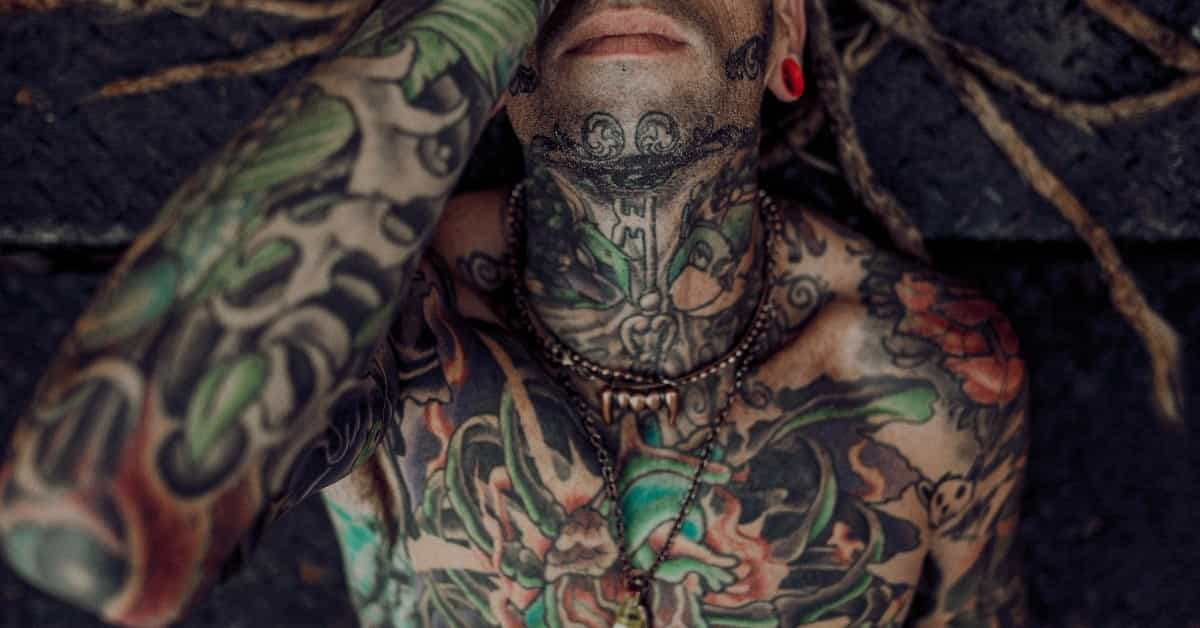





コメント